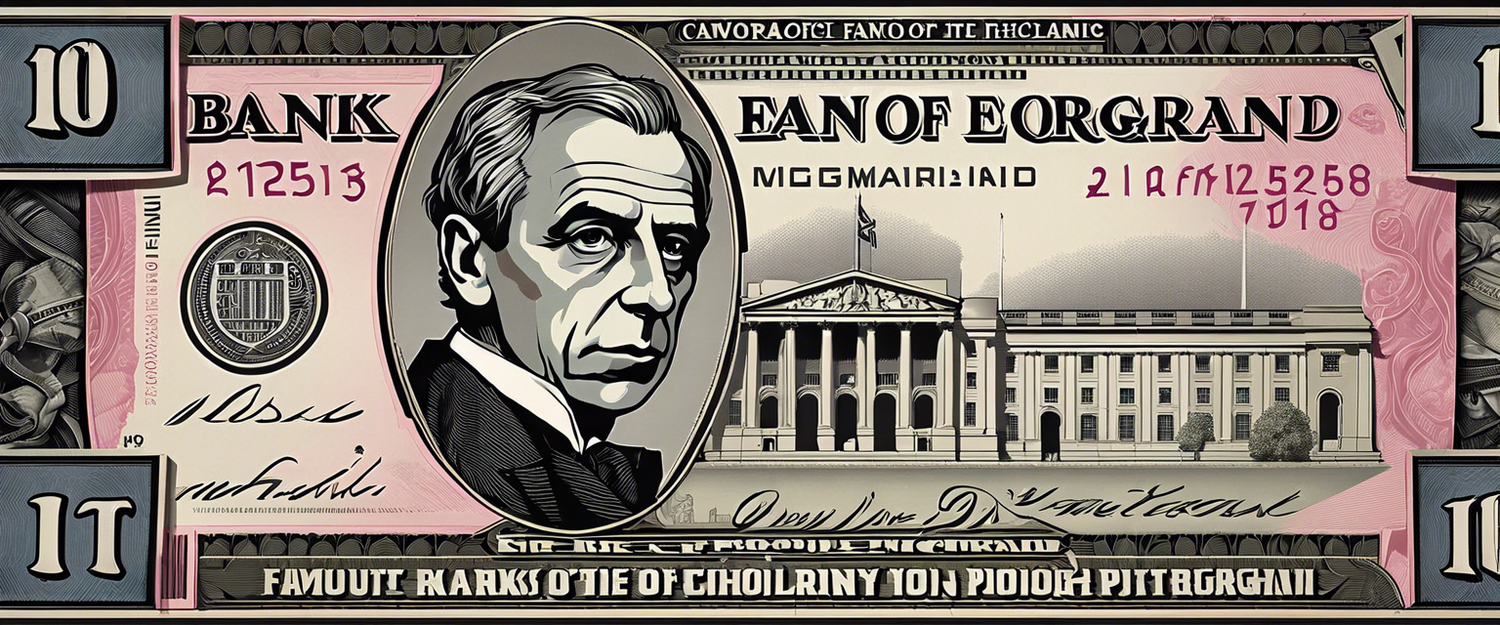Understanding the Future of Currency: Digital Pound vs Cash
The topic of digital currency has become increasingly relevant in recent years, especially as technological advancements reshape various sectors. Recently, Bank of England (BOE) Governor Andrew Bailey provided insights into the future of currency in the UK, highlighting the ongoing importance of cash even in an era of digital innovation.
What Did Andrew Bailey Say About Cash and Digital Currency?
In a statement to Foresight News, Bailey affirmed that digital currency would not replace cash in the UK as long as people prefer to use physical money. This viewpoint reflects the BOE's commitment to maintaining a balanced approach towards both traditional and modern forms of currency.
The Development of Britcoin
The BOE has officially commenced the development of a digital currency, commonly dubbed Britcoin. However, it remains undecided regarding the public launch of this digital pound. Bailey emphasized that a cautious approach is necessary, particularly concerning the issuance of a retail Central Bank Digital Currency (CBDC) for general public use.
Retail vs Wholesale CBDCs
While Bailey expressed caution about retail CBDCs, he is supportive of the use of wholesale CBDCs which would be utilized primarily by banks. This distinction is crucial, as it implies that while the BOE is open to innovation in the banking sector, it has reservations regarding how a digital currency would impact everyday transactions.
Why is This Important for Consumers?
The conversation surrounding CBDCs is not just about technology; it's about the future of how we engage with money. Here are a few key points regarding this development:
- Innovation in Banking: CBDCs can help commercial banks modernize their digital payment systems, allowing for more efficient transactions.
- Consumer Choice: As long as people are inclined to use cash, it will remain an option, providing a safety net for those less comfortable with digital transactions.
- Regulatory Oversight: The BOE's careful approach ensures that any digital solution will be secure and regulated, protecting consumers.
The Future Landscape of Payments
The BOE is keen to ensure that the private sector can continue to innovate, which will likely lead to a more diverse payment landscape in the UK. As technology evolves, both consumers and businesses will benefit from improved digital payment systems.
In Conclusion
Governor Andrew Bailey's statements shed light on the BOE's thoughtful consideration of the role of cash and digital currency. The development of Britcoin is a step towards modernizing the financial landscape, yet it respects the preferences of the public who continue to value physical cash. Whether you're a tech enthusiast or someone who prefers traditional cash, the future of currency promises to be inclusive and innovative.
Further Reading
To learn more about the implications of digital currencies, please check out our article on digital currency trends.
Interaction and Feedback
We would love to hear your thoughts! Are you more inclined to use digital currency or traditional cash in your daily transactions? Share your views in the comments below.



发表评论
所有评论在发布前都会经过审核。
此站点受 hCaptcha 保护,并且 hCaptcha 隐私政策和服务条款适用。